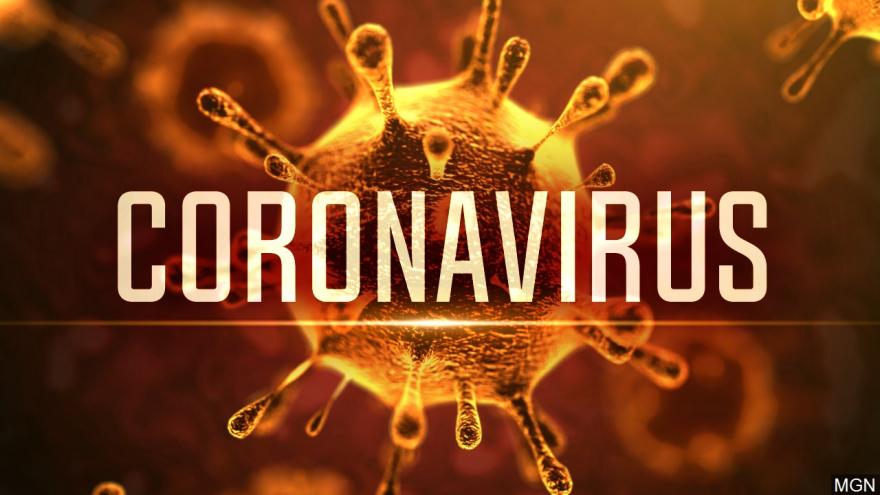
Apparently there’s a seafood market in Wuhan, China where it probably began. They sell fish and also live animals. It’s crowded. Sadly, the Darwinian process occurred there right in front of our eyes. The Darwinian process? That’s about peas or fruit flies or something? Yes. It’s about random mutation and survival of the fittest. A novel (at least newly identified) version of the Coronavirus made its way through the seafood market and it was ready to thrive. Why is this virus so fit? Because it’s new, highly contagious, no one’s immune system (that we know of) had ever seen it, we don’t have a vaccine for it, and we can’t treat it. So the virus is “fit.”
The geographic expansion of the virus has been rapid. Currently, the CDC lists China, Iran, Italy, Japan, and South Korea as the highest risk countries. The infection is firmly established now here in the United States as well. Some reported cases in the Pacific Northwest lack evidence of obvious exposure, and so local transmission is likely established.
The epidemic in China has allowed early observation of the characteristics of the disease, identification of the causative virus, and some preliminary understanding of the clinical patterns.
So what would it feel like if you were infected with Coronavirus? Many infected people are likely mildly ill, or perhaps even asymptomatic. So you may feel nothing. The incubation period is most commonly three to five days, but may be as long as fourteen days. So, if you were exposed, it could take up to two weeks to develop symptoms.
Most simply stated, the new Coronavirus causes viral pneumonia. Virtually all symptomatic patients have fever, cough, and may develop shortness of breath. GI symptoms, such as nausea, vomiting, and diarrhea, have been only rarely reported. The predominant symptom is, essentially, pneumonia.
The overall mortality rate from Coronavirus is two percent, more or less. Most deaths from Coronavirus occur in older people, and people with other significant chronic medical problems. In fact, the vast majority of deaths from Coronavirus in Washington State at this time have all occurred in the same nursing home.
The CDC has issued case definitions and guidelines for screening. In other words, who needs to worry? The answer, at this time, is usefully simple. Those with fever and cough, who have traveled to China, Iran, Italy, Japan, or South Korea, OR, who have had a known contact with a confirmed or suspected case of Coronavirus within the previous fourteen days, should be quarantined and tested.
If you develop an upper respiratory illness, but you have not traveled to one of those high-risk countries, and nor have you been in contact with a known or suspected case, then you don’t need to be tested.
I would caution all that these guidelines are very likely to change. So, you should check with your doctor if you have any doubt whatsoever.
The epidemic is serious. Let’s hope that with education, common sense, good infection control, and hopefully our drug companies developing treatments and vaccines, we can beat this. Fear not, we will.
Dr. Van Dam
This post was updated after original publication to correctly change the word “pandemic” to “epidemic”.